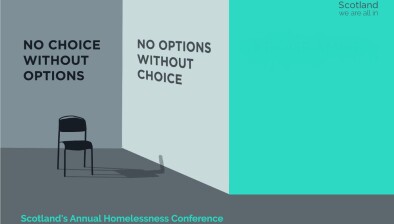England: Nearly 120,000 children spending summer holidays in temporary accommodation

The LGA has a plan to prevent further homelessness
More than 4,500 primary school classes worth of homeless children are spending the summer holidays in temporary accommodation in England amid a national shortage of affordable housing, the Local Government Association (LGA) has warned.
Latest figures for England show there are 119,840 children living in temporary accommodation, including 1,700 households with children in bed and breakfasts.
The LGA said the number of children who will be spending the summer holidays in temporary accommodation reinforces the urgent need to ensure building of more affordable homes to rent and has set out a plan of further action the UK Government can take to prevent further homelessness.
It said this is crucial to prevent further disruption to children’s schooling, home lives and social lives, which have already been significantly impacted as a result of the pandemic and subsequent lockdowns.
There are also concerns around the rising cost of living and the potential for an increase in the number of homeless presentations, which will likely include more children.
Cllr David Renard, LGA housing spokesperson, said: “Living in temporary accommodation can cause great disruption for children and families. After two years of disruption to our children’s education and social development, it is crucial we make addressing the chronic housing shortage a priority.
“As well as looking to find suitable housing for those already homeless, we also must ensure everything possible is being done to combat the rising cost of living and prevent further homelessness, which will inevitably lead to more children in temporary accommodation.
“We have identified eight points to give councils a better chance of being able to help homeless children to find permanent accommodation and minimise the risk of other households becoming homeless as a result of the rising cost of living.
“This includes ensuring the welfare system is able to support families facing hardship and increasing the housing supply available to councils, as well as powers for councils to acquire empty properties and build much-needed social housing.
“The government’s upcoming cross-departmental rough sleeping strategy must also look at wider homelessness issues, including family homelessness, and consider the impact the cost-of-living crisis is expected to have on homelessness services.”







